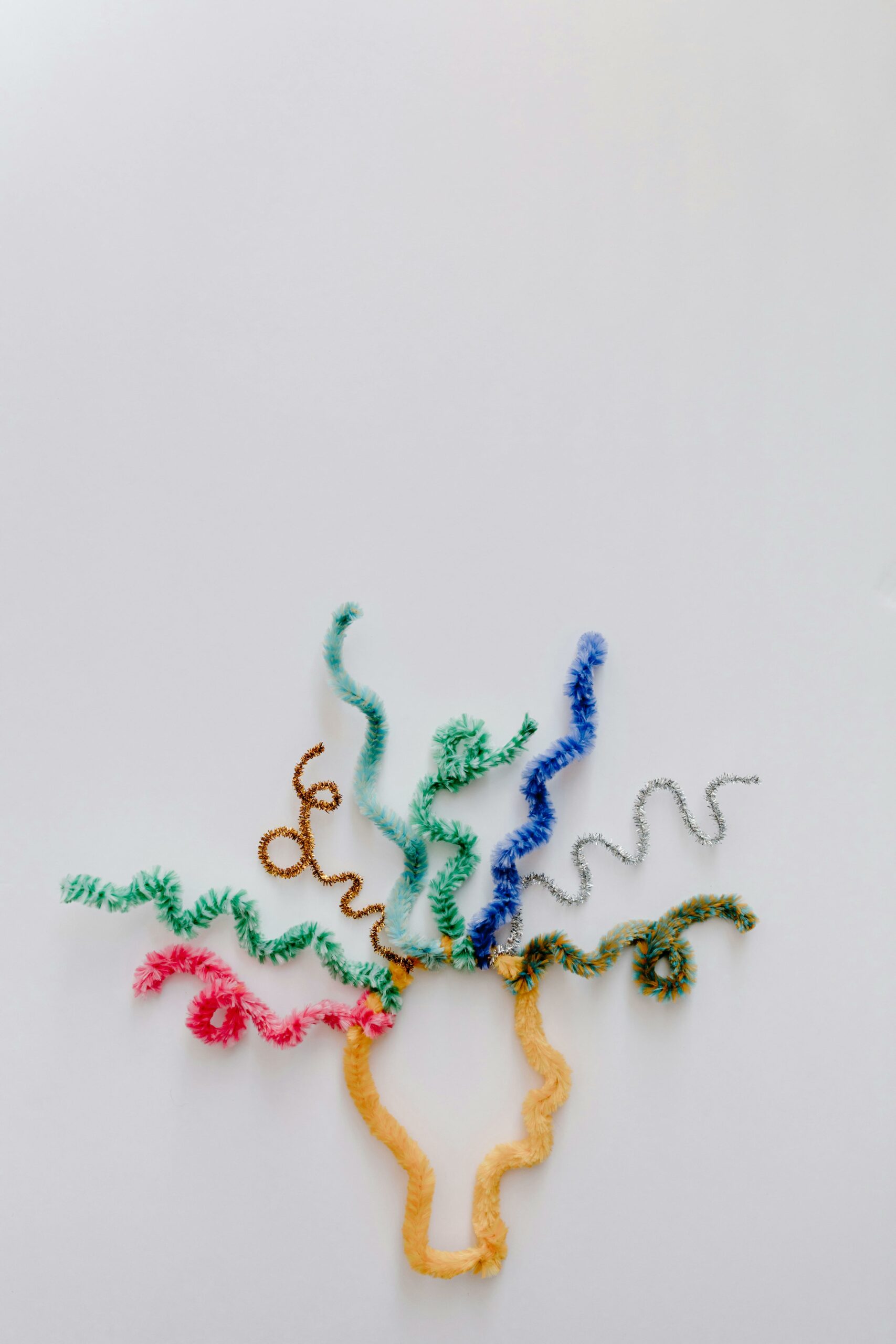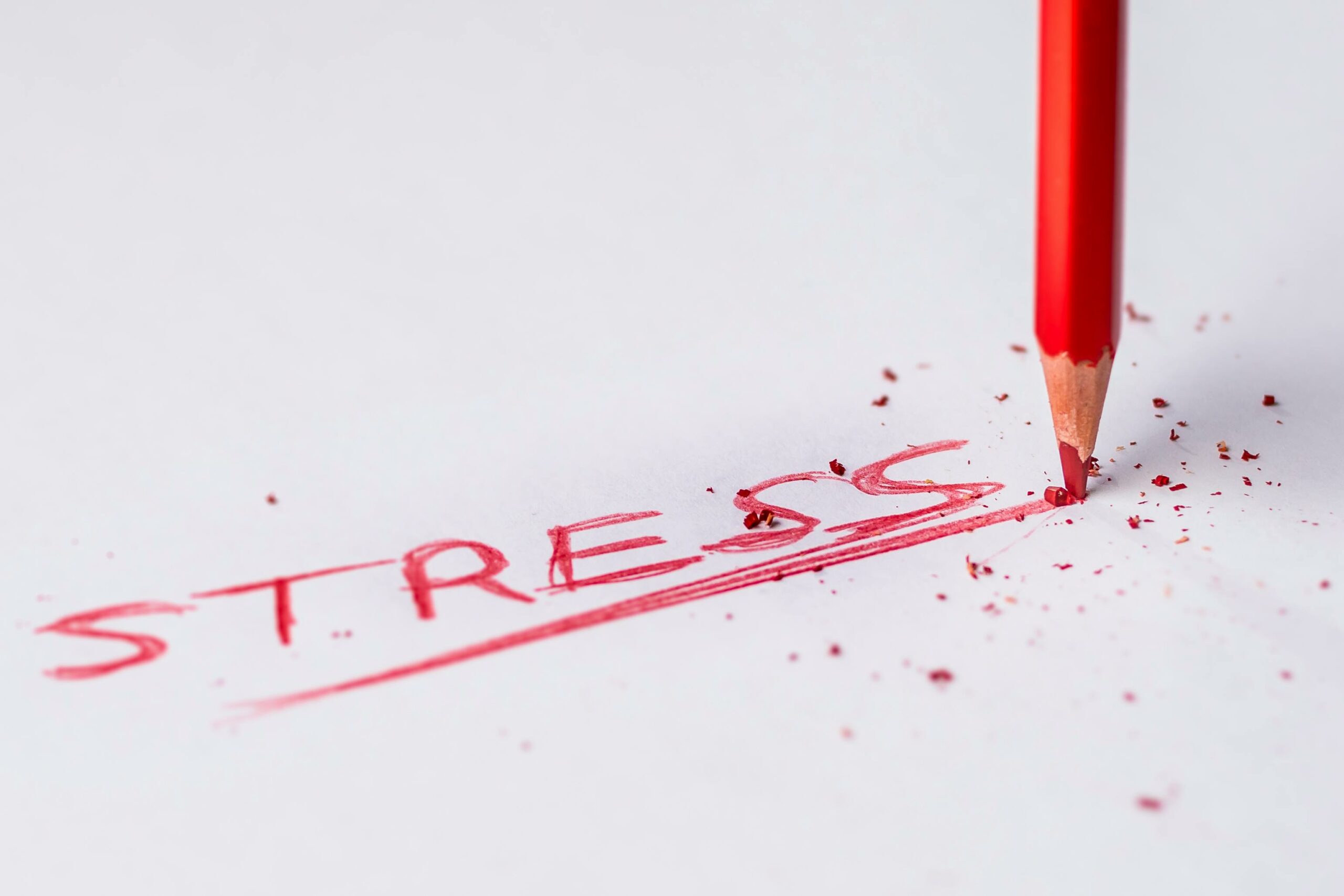Taking a Statin? Consider The Benefits of Coenzyme Q10
Category: Healthy Aging

I came across an interesting book recently, The Coenzyme Q10 Phenomenon ~ The Breakthrough Nutrient That Helps Combat Heart Disease, Cancer, Aging, And More by Stephen T. Sinatra, M.D.F.A.C.C. and learned that Karl Folkers, called “the father of CoQ10,” was considered one of the greatest chemists of the 20th century. He lived to be more than 90 years old, was a testament to the benefits of Coenzyme Q10, and literally, the biomedical and chemical aspects of this miracle nutrient consumed the last 40 years of his life.
I learned of the benefits of this nutrient, which, by the way, is synthesized in every living cell of the human body, quite a few years ago, and because I was over 40 (much older!) and that as we age we tend to produce less and less of it which then causes our cells to become less resilient and more susceptible to damage, I began to take a CoQ10 supplement and have never looked back.
A recent article by Dr. Frank Lipman about this naturally-occurring vitamin-like substance our bodies produce maintains that with regular supplementation and by eating foods that are rich in CoQ10, it will improve our short and long-term health simply by adding protection to the heart and brain. He suggests eating foods such as grass-fed, organic organ meats such as beef and pork liver or hearts ~ which he states makes sense given that our own hearts are high in CoQ10, (just 2 servings per week will do it); however, for those who do not eat meat (or organ meat!) mackerel and herring, as well as peanuts, sesame seeds, walnuts, and adzuki beans contain moderate amounts of it and veggies such as spinach, broccoli, sweet potato, sweet pepper, garlic, parsley, avocado, and cauliflower are all fairly good choices. Unfortunately, the daily intake of the average person through diet is below 5 mg ~ a fraction of the amount usually taken in supplement form (30 to 300 mg). It’s estimated that only about 25% of the CoQ10 in your body is supplied by the diet.
I love the way Dr. Lipman describes CoQ10 as our castle wall (we are the king). By fortifying our “castle” wall with CoQ10 (like a sentry at the gate), undesirables such as diabetes, heart disease, cancer, and of course the ‘dark knight’ in back of so many diseases ~ inflammation ~ can be held back. He states that clinical studies have also shown that CoQ10 supplementation benefits patients with fatigue, migraines, depression, high blood pressure and elevated cholesterol and that ever increasing levels of CoQ10 can help slow the progression of Parkinson’s disease and Huntington’s disease and aid recovery in stroke patients. Makes me glad I set up my “castle wall” so many years ago!
Roughly, 1 in 4 Americans are taking statins to lower their cholesterol and triglycerides. Unfortunately, this causes notable depletions of CoQ10. This means that CoQ10 may actually help allay the very conditions drugs are commonly prescribed to alleviate. Yet, many physicians fail to prescribe the supplement when prescribing statins. And one common complaint as a side effect of statins is muscle weakness and pain, which can be caused by CoQ10 depletion. Supplements of CoQ10 restore normal levels of this nutrient in people who take statin drugs without reducing the drug’s effect on cholesterol levels. Actually, research shows that the antioxidant, blood-thinning effect of CoQ10 plus a statin reduce heart disease risk better than the drug alone. Hyla Cass, M.D., author of Supplement Your Prescription recommends 100-300 mg per day of this nutrient if you take statins and for best results, take your CoQ10 with a food containing fat, such as vegetables in butter, scrambled eggs, nuts, or nut butter.
So if you are suffering from fatigue, over 40, dealing with cardiovascular issues ~ try CoQ10 (as well as eat the foods recommended above). Dr. Lipman states that most people begin feeling more energized in a matter of days. And, as stated above, by all means, if you are on a statin ~ CoQ10 is an extremely important supplement to consider. Here is the one that I have used for 25 years and highly recommend.



Facebook Comments